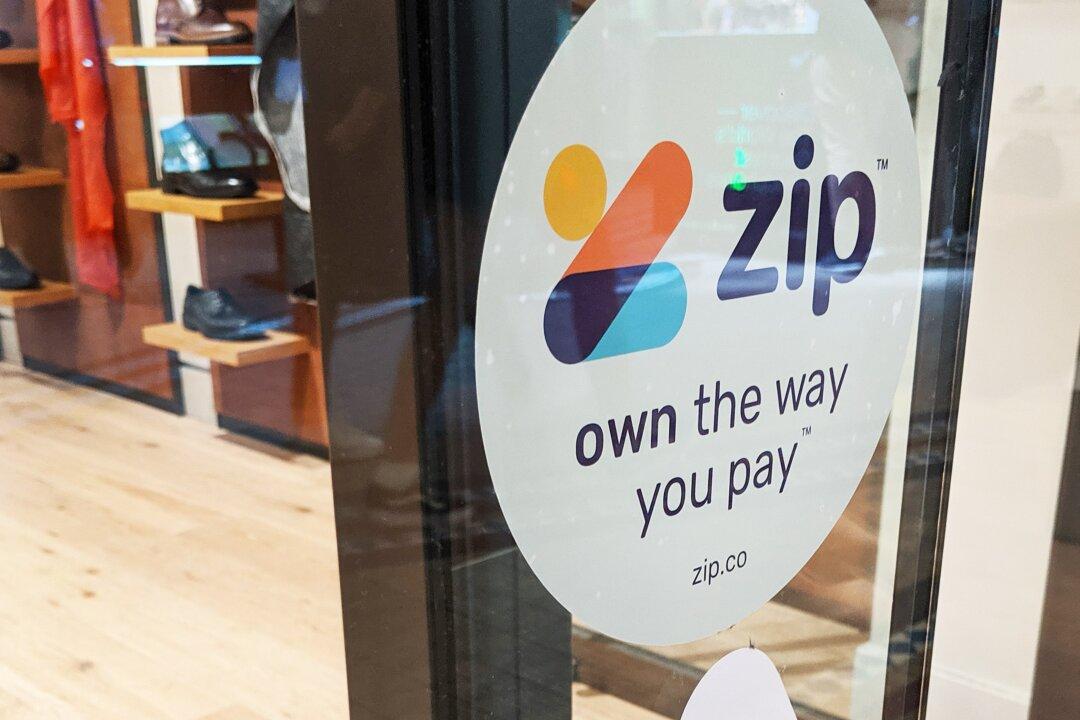The Australian government is looking to tighten the regulation of the “buy now, pay later” (BNPL) sector as it hopes to stop more customers from falling into dire financial straits.
Speaking to Nine Network on Nov. 21, Financial Services Minister Stephen Jones said the BNPL industry could be subject to the same regulation as the credit and banking sector.





